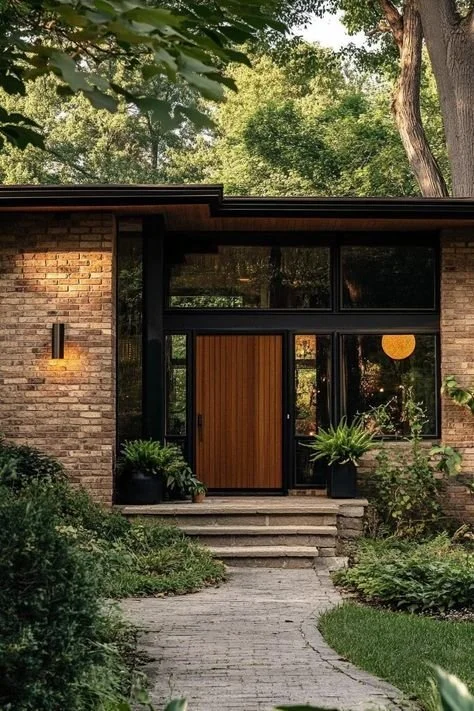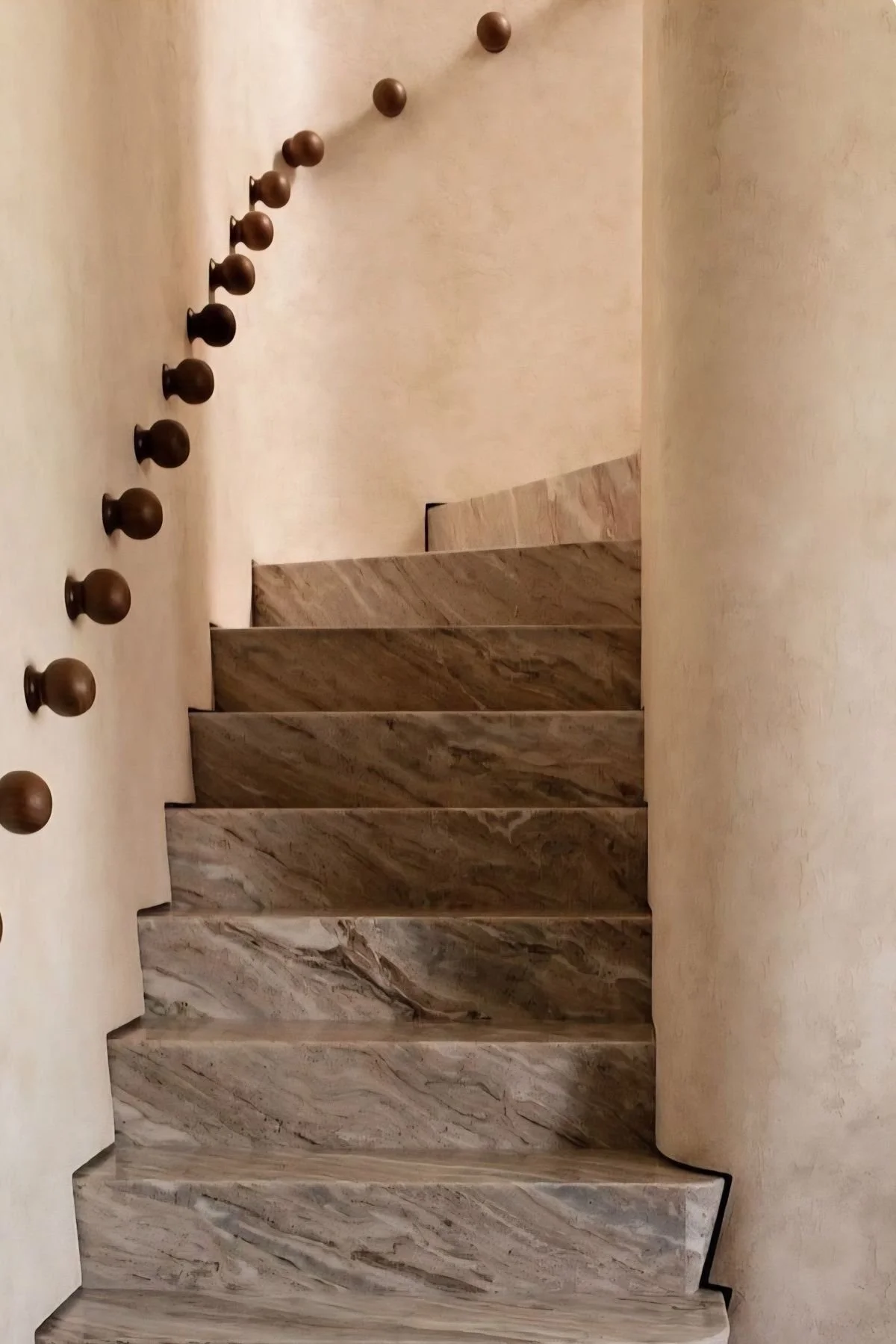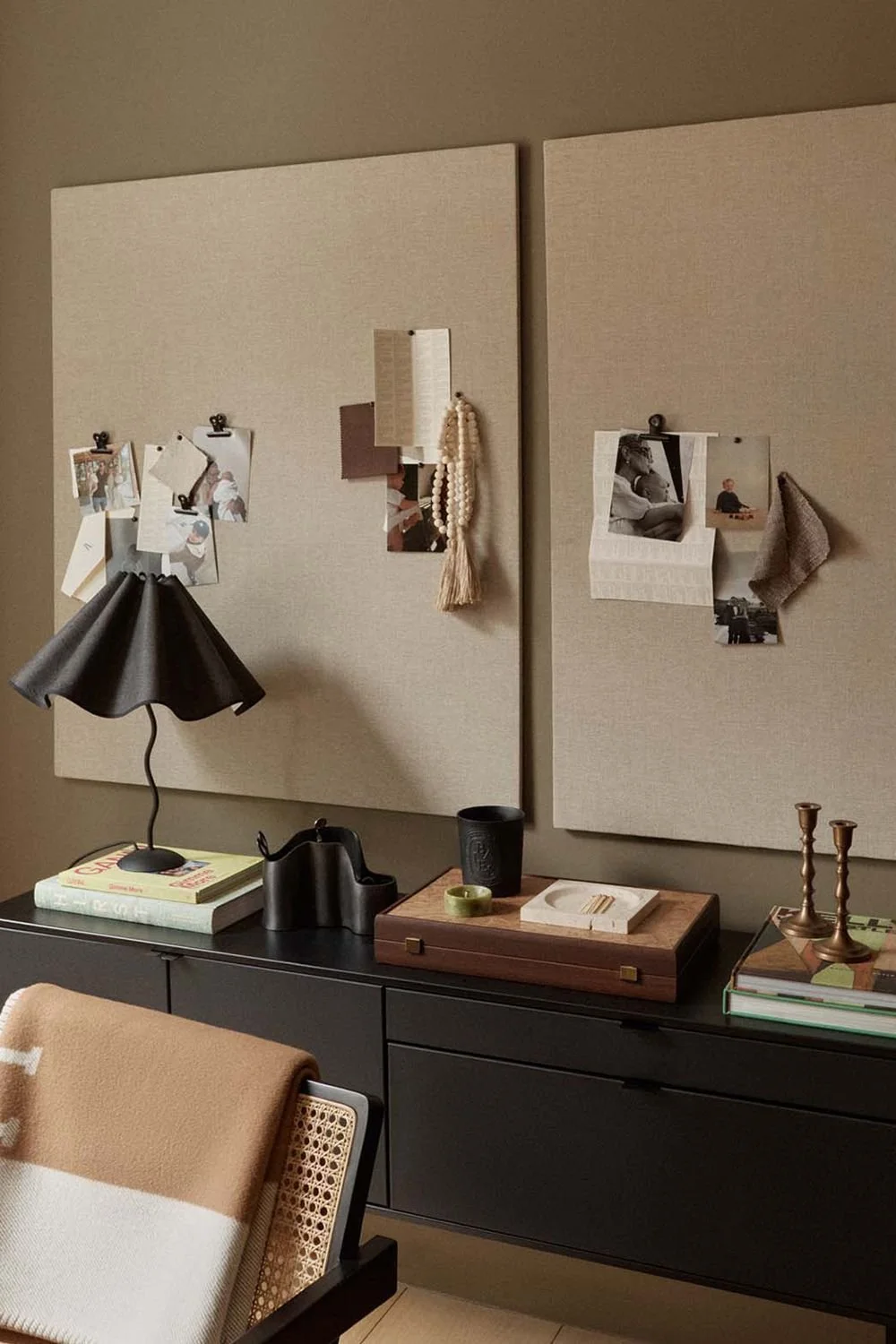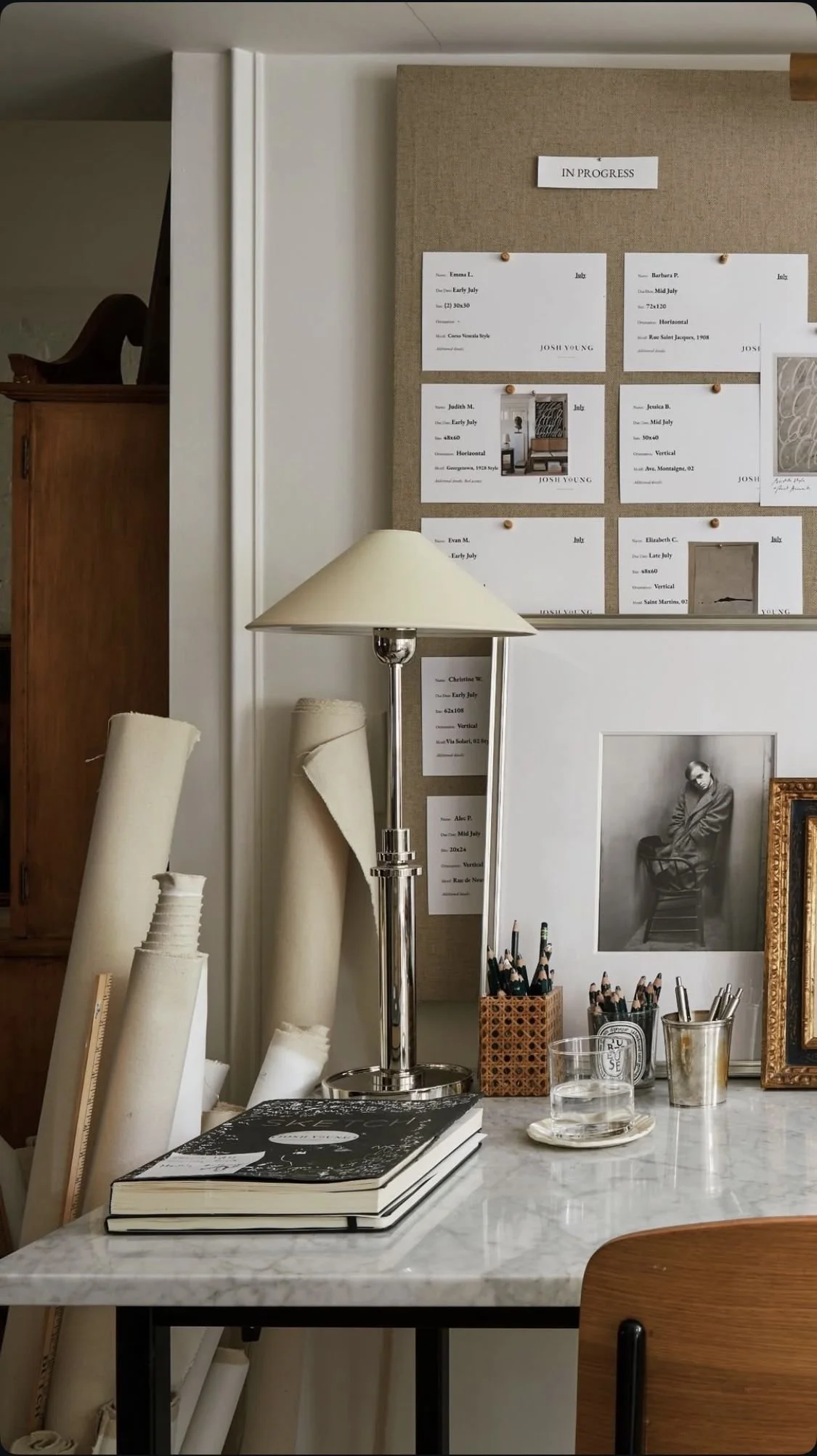The Home Improvements That Pay for Themselves
Some home projects are total money pits. Others actually make you money in the long run. The trick is figuring out which is which before you start writing checks to contractors.
Here's the thing about home improvements - most people do them backwards. They pick projects based on what they want or what looks cool on Pinterest, not on what actually adds value to their house. Then they wonder why they spent twenty thousand dollars on a fancy kitchen island that nobody cares about when they try to sell.
The smart approach is different. You look for projects that fix real problems while making your house worth more. These improvements make your life better today and pay you back when you move. That's the sweet spot you want to hit.
Your Yard and Driveway Matter More Than You Think
People judge your house from the street before they even get out of their car. That's why outdoor improvements often give you the biggest bang for your buck. Fix the stuff people see first, and everything else looks better by association.
Driveways get beat up by weather, cars, and time. A cracked, stained driveway makes your whole house look run-down, even if everything else is perfect. A nice driveway does the opposite - it makes people assume the rest of your property is well-maintained too.
Playford Pavers and other quality paving companies know that good installation work lasts for decades, not just a few years. The difference between cheap paving and professional work shows up pretty quickly. Cheap jobs start cracking and shifting within a couple of years. Good work still looks great after twenty.
Patios and outdoor spaces have gotten way more popular lately. People want to live outside more, especially after being stuck indoors during lockdowns. A well-designed patio or deck gives you extra entertaining space and makes your house feel bigger. Buyers notice that and they'll pay for it.
Even basic landscaping helps if you do it right. You don't need anything fancy - just clean up what you have, add some color, and make sure everything looks intentional rather than random.
Kitchen Updates That Actually Work
Everyone talks about kitchen renovations, but most people do them wrong. They spend fifty grand redoing everything when targeted updates would give them the same results for half the price.
Here's what actually matters in kitchens - functionality and cleanliness. Buyers want kitchens that work well and look maintained. They don't care if your cabinets came from the most expensive showroom in town.
Cabinet refacing can completely change how your kitchen looks without the massive expense of replacement. Good paint, new hardware, and professional refinishing make old cabinets look brand new. Add decent countertops and updated lighting, and most people can't tell the difference between your refreshed kitchen and a full renovation.
Appliances matter too, but not in the way most people think. You don't need the fanciest models - you need stuff that works properly and looks decent. Energy-efficient appliances appeal to buyers who don't want huge utility bills, and they'll save you money while you're still living there.
Bathrooms Can Make or Break a Sale
Old, gross bathrooms kill deals faster than almost anything else. Buyers walk into a bathroom with outdated fixtures and immediately start calculating renovation costs. Those calculations come right off their offer price.
Adding a bathroom where you don't have one usually pays off big time, especially if you only have one bathroom in the house. Even a simple powder room makes your house way more functional for families.
Updating existing bathrooms doesn't have to cost a fortune either. New fixtures, better lighting, and a decent vanity can transform a bathroom without moving any plumbing. Most buyers care more about cleanliness and functionality than luxury features.
Water-efficient fixtures are smart too. They save you money on utilities and appeal to buyers who care about environmental stuff. Plus, many utility companies offer rebates that reduce what these upgrades actually cost you.
Energy Efficiency Pays Double
Energy improvements give you returns in two ways - lower bills while you live there and higher home value when you sell. Some of these projects even qualify for tax credits that make them cheaper to do.
Insulation isn't sexy, but it's one of the fastest paybacks you'll find. Better insulation cuts your heating and cooling costs immediately and makes your house more comfortable year-round. Buyers care about utility costs more than most people realize.
New windows cost more upfront but they pay back through lower energy bills and better curb appeal. Good windows also make your house quieter and more comfortable, which matters when you're trying to sell.
HVAC upgrades work the same way. Efficient systems cost less to run and give buyers confidence they won't face major expenses right after moving in. Nobody wants to buy a house and immediately need a new air conditioner.
Getting the Timing Right
When and how you do improvements affects how much value they add. Quality work costs more initially but holds its value longer. Cheap work looks cheap and starts failing quickly.
Market conditions matter too. In hot markets, cosmetic improvements that make your house stand out can bring big returns. In slow markets, you're better off fixing obvious problems that turn buyers away.
Timing your projects can save money too. Many contractors offer better prices during their slow seasons, and material costs change throughout the year. A little planning can reduce your costs without cutting quality.
Making Smart Choices
The best home improvements solve problems that bug you while also appealing to future buyers. Projects that make your house work better, cost less to operate, and look more attractive tend to give the most reliable returns.
Don't over-improve for your neighborhood though. The most expensive house on the block usually doesn't get proportionally higher prices. Know your local market and improve appropriately.
Good execution beats expensive materials almost every time. Professional installation and attention to detail contribute more to long-term value than premium products. A well-done job with decent materials usually outperforms sloppy work with expensive stuff.
The improvements that really pay for themselves make your life better now while setting you up to get your money back later. Focus on projects that address real needs and appeal to the broadest range of buyers, and you'll come out ahead whether you stay or sell.




